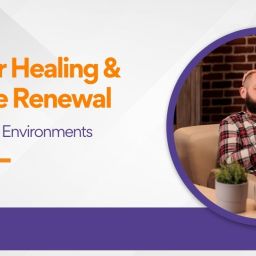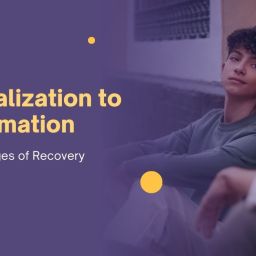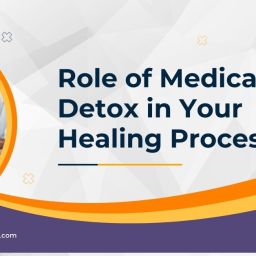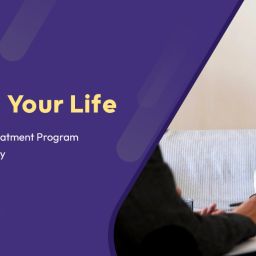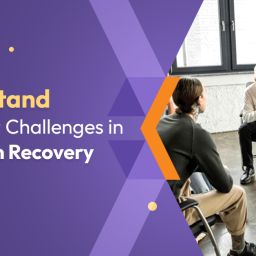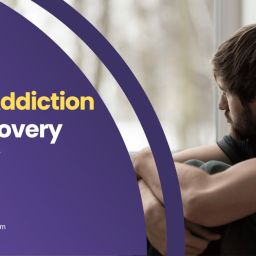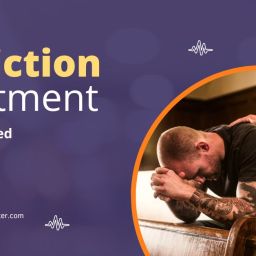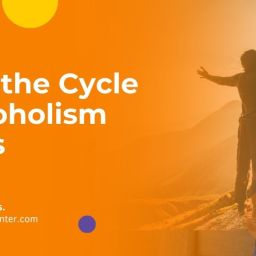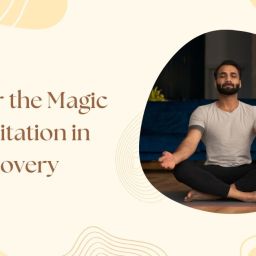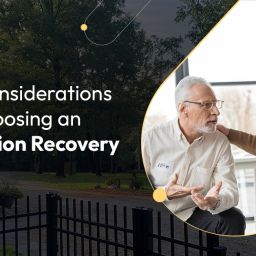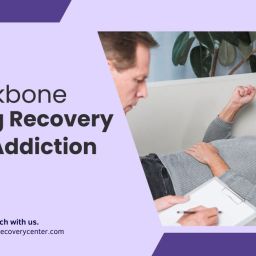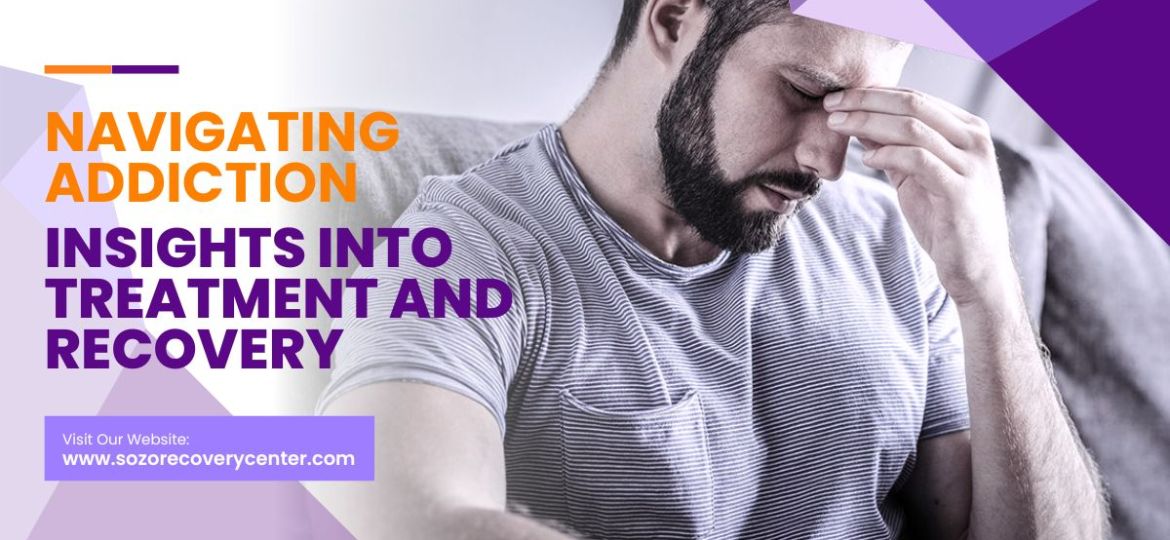
Addiction to drugs and alcohol is a complex and multifaceted issue affecting millions of people of all ages and backgrounds. The American Society of Addiction Medicine (ASAM) defines this as a chronic brain disorder where an individual turns to substance abuse to feel better. It not only creates a negative impact on the individual but also on their loved ones and society as a whole.
Now, there is no single cause of addiction. Instead, the development involves multiple factors – genetic aspects, mental health conditions, and environmental factors. Whatever the underlying cause, individuals require more targeted prevention and treatment approaches for long-term addiction recovery.
In this blog, let’s understand what addiction is and how it can be treated and managed effectively. It’s time to unfold what you are still unaware of.
Understanding the Different Types of Addiction and Their ImpactTypes of Addiction
Addiction can manifest in various forms, affecting not only substances but also behaviors and activities. Here are some common types.
- Legal substance addiction, such as alcohol, tobacco, etc.
- Illegal drugs addiction
- Behavioral addiction such as gambling.
- Addiction to substances that were initially prescribed to you, such as prescription painkillers (opioids).
Signs of Addiction
When it comes to substance abuse disorders, many people have a common question. “How to understand that an individual is relying on substances to get relief from chronic stress and depression?” After all, recognizing the signs is essential for early intervention and treatment.
Well, honestly speaking, the signs of addiction vary from person to person. However, drugs and alcohol addictions do have something in common.
- Increased Tolerance
- Withdrawal Symptoms
- Loss of Control on Substances
- Neglecting Responsibilities
- Social Withdrawal
- Secrecy and Deception
- Changes in Behavior
- Loss of Interest
- Risk-Taking Behavior
Withdrawal Symptoms
Withdrawal symptoms are pretty common in individuals who want to get rid of substances and overcome addiction. Though the procedure is not easy, medical specialists can understand these symptoms and provide treatment accordingly.
Some common withdrawal symptoms involve –
- Depression, anxiety, or mood changes
- Paranoia
- Irritability
- Headaches
- Sleeping disorder
- Fatigue
- Digestive issues
- Blood pressure changes
Different Methods of Addiction Treatment
Treating addiction involves addressing both the physical and psychological aspects of the disorder. Here are some effective ways that can help promote one’s health and well-being.
- Medical Detox – Medical detoxification treatment helps individuals safely withdraw from substances while managing the associated physical symptoms. It is the first step in drug or alcohol addiction treatment involving 24 hours of physical care and 16 hours of counseling every day.
- Residential Treatment – In this program, individuals are supposed to stay in a structured therapeutic environment to get 24-hour emotional and medical support. It is typically recommended for individuals with severe or long-standing addiction issues.
- Partial Hospitalization – PHP is designed for individuals who require intensive care but do not need round-the-clock supervision. It helps address the physical aspects along with psychological, emotional, and spiritual facets.
- Intensive Outpatient – This treatment procedure is helpful for people seeking a recovery program that is more effective than traditional outpatient services. The services involve – group and individual abstinence counseling, relapse prevention therapy, and drug and alcohol education. These are available for 9 hrs for adults and 6 hrs for adolescents
- Outpatient Treatment – This is ideal for individuals with less severe cases of addictions. Here, they do not have to reside at the treatment facility. Instead, they can stay at home and perform their responsibilities while receiving continuous treatment for their addiction.
- Sober Living – Every reputed and reliable addiction treatment center provides sober living homes to ensure a seamless recovery journey for every individual. These environments provide a structured and supportive living arrangement for individuals who have completed primary addiction recovery programs such as intensive outpatient or inpatient rehab.
Reasons to Join a Reliable Addiction Recovery Center
Of course, you need proper guidance and support when it comes to addiction recovery treatment. Here are several compelling reasons why individuals should consider seeking help from a reputable rehab.
- 24*7 Professional Guidance
- Safe and Structured Environment
- Personalized Addiction Treatment Programs
- Dual Diagnosis Treatment
- Holistic Approach
- Aftercare and Support Services
Get Started Today
Indeed, addiction is a complex and challenging disorder. But that doesn’t mean it’s non-treatable. You can easily recover from drug or alcohol addiction by seeking help from qualified professionals responsible for providing personalized treatment plans.
SOZO, the men’s faith-based addiction recovery center embraces the ASAM Continuum model of care so that individuals can reclaim their life. You can reach out to us and take the first step towards recovery.


